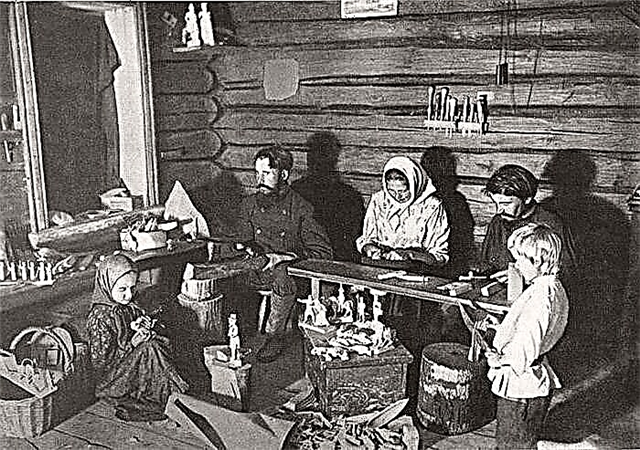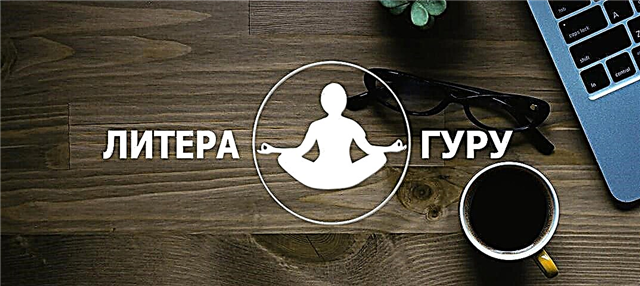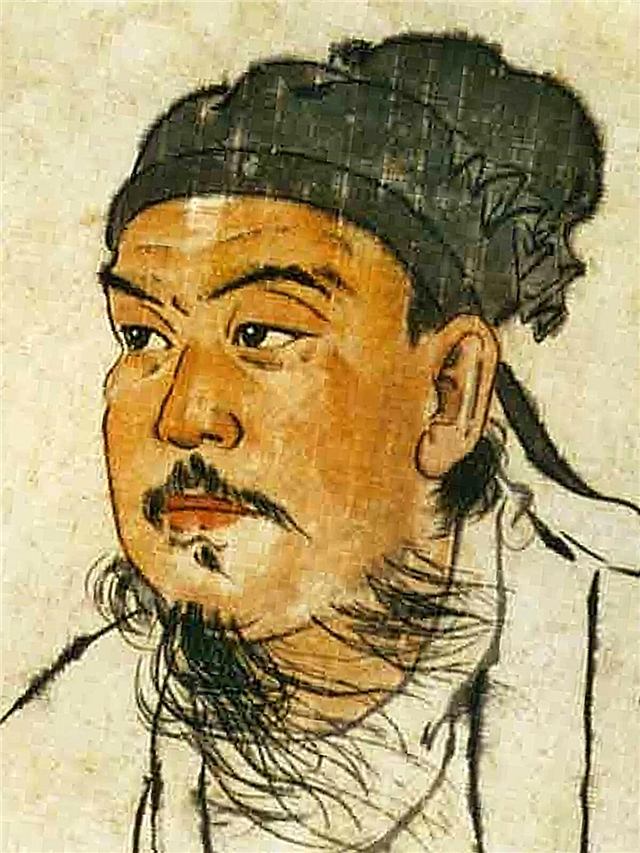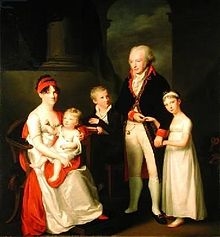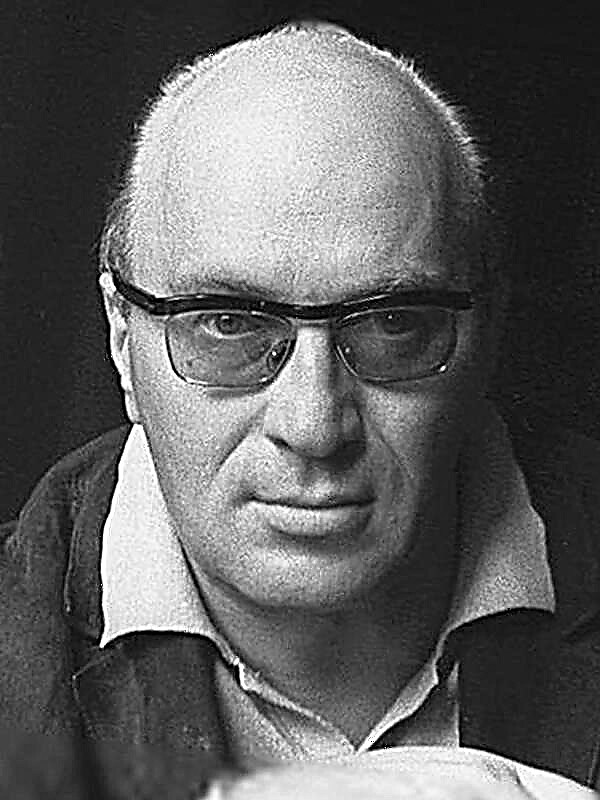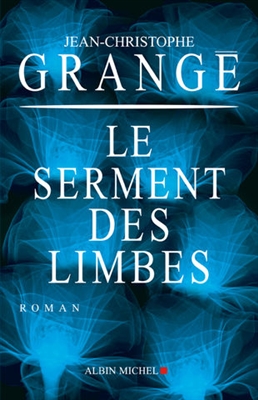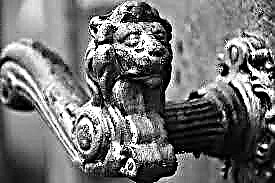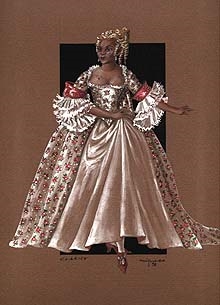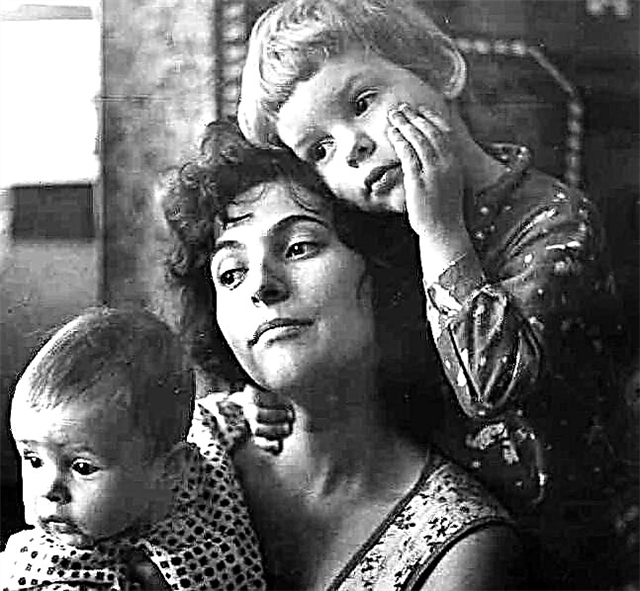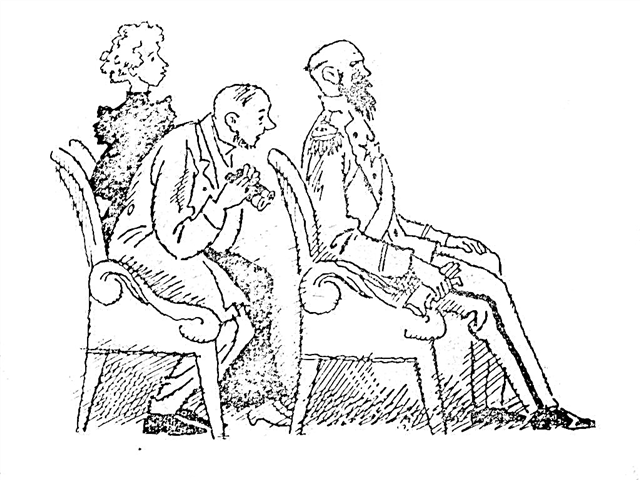Share
Pin
Tweet
Send
Share
Send
Passing the exam is the most important period in the life of any student. Performing tests, reading certain literature, writing essays, repeating terminological concepts, of course, is part of the preparatory stage for the exam in the Russian language and takes a lot of time. To facilitate the preparation process, we have made a selection of arguments on one of the pressing problems - patriotism and its manifestations.
Patriotism in war
- ON THE. Ostrovsky, “How Steel Was Tempered". Pavka Korchagin is the main character of Nikolai Ostrovsky’s autobiographical novel. The author shows his amazingly rich life, during which he turns from a simple boy who was kicked out of school for an unworthy misconduct, into a courageous, courageous, purposeful young man. In total, Pavka devoted himself to the struggle for justice. One cannot but mention events such as his participation in the civil war and the construction of a narrow gauge railway in record time. These acts reveal the essence of the patriotism of the hero, who is not afraid to face difficulties. Pavka can be safely called a symbol of the socialist era, in which the best human qualities were reflected. Love for the Motherland, the realization that it is an integral part of it, helped the hero of the work confidently overcome all obstacles, even during the civil war.
- V.L. Kondratiev, "Sashka". What is youth spent in war? These are terrifying pictures of human cruelty, hunger and cold, sleepless nights, fallen comrades. This is a sincere belief that the victorious end is near. The central character of the story “Sashka” is a young guy who is on the front line, near Rzhev. From the first pages of the work, he gains the sympathy of the reader with his responsiveness, honesty, courage and willingness to do actions, which without exaggeration can be called feats. The hero seeks to protect the interests of the homeland and his people, leaving behind his own fear. It is worth noting that the scene with the German captivity shows Sasha as a Russian person who is characterized by a feeling of pity and compassion. Without this, there’s nowhere in the war, because in any conditions a person, first of all, must remain a person.
Female patriotism
- C.T. Aitmatov, “Maternal Field”. The author begins the description of events from the day of commemoration. Tolgonay, the main character of the story, comes to the field to tell him about all the hardships of her life. She complains to him that the war took her three sons from her, that they have no chance of returning to her father’s house. But, despite this, Tolgonay finds the strength to live on. While many residents of the collective farm where the heroine lives began to complain about the difficulties of the common people during the war, Tolgonay managed to be steadfast and not let the problems catch her by surprise. The realization that she works for her family, for those around her, for the needs of the front and for her native land, inspires her. The heroine is glad to "serve" the fatherland and is happy to realize that "as long as the people live, she is alive."
- B.L. Vasiliev, “And the Dawns Here Are Quiet”. They say that women have no place in the war, but after reading the story “And the Dawns Here Are Quiet,” the reader understands that this is not at all the case. In the work, the author describes the difficult life path of five anti-aircraft gunners who, by the will of fate, were at the front. Once, together with their commander, the girls go on a risky mission to prevent the Germans from appearing on strategically important territory. As a result, the heroines manage to destroy the enemy at the cost of their own lives, only their commander survives. The heroines realized that this could be their last campaign, but the desire to defeat the enemy and be useful to their Fatherland became more important for them. Undoubtedly, the girls accomplished a real feat, showing that the Great Victory was achieved thanks to the hundreds and thousands of male and female names that forever remained on the pages of our history.
Patriotism as a force uniting the people
- K.D. Vorobiev, "This is us, Lord!" Konstantin Vorobyov begins his story with the scene of the capture of the main character, Lieutenant Sergei Kostrov, captured. After this, the author describes the situations that happen to the hero and show that humanity, the unity of the Russian people, their willingness to sacrifice themselves for the sake of another is the basis of relations between people during the war. Many trials fell on the heavy share of the hero: being held captive by the Germans, flight, survival in a concentration camp. But they indicate how great the thirst of the Russian man was not to give up, fight and go to the victorious end in the name of love for the Motherland and people. Only through mutual assistance, conscientiousness and fortitude did he repeatedly avoid death and could move forward. With this work, the author wanted to say that severe trials in war can be passed only if people are united to confront a common enemy.
- A.T. Twardowski, "Vasily Terkin." The famous poem "Vasily Terkin" is also a clear example of how important the unity of the people was during the war period. Of course, the image of the main character, Vasily Terkin, became a role model, a model for other military. The hero goes towards his fears, committing acts that delighted many. An irresistible desire to serve his native land nourished and inspired him. The hero noted that victory depends on each participant in the war, and therefore always encouraged and inspired others with a wise word, an incredible story, or just playing the accordion. Terkin always believed that in the struggle for his Motherland no one has the right to give up, give up or be afraid to do what seems impossible in his thoughts. The poet, as a war correspondent, knew exactly how important the role of each person on the path to Holy Victory was.
False patriotism
- L.N. Tolstoy, “War and Peace”. The author was able to surprisingly accurately emphasize the difference between true and false patriotism. So, speaking of the war of 1812 in the work, Tolstoy compares these concepts in the faces of many heroes. To those who are not able to truly love their homeland, the writer includes representatives of high society. For example, Anna Pavlovna Scherer, Helene or Anatole Kuraginyh. Their "empathy" is based only on the rejection of French cuisine and the French language. The heroes leisurely conduct, as it seems to them, important conversations, while people are dying on the battlefield. Such a high society will never understand the emotional impulses of a noble person who is ready to give his life for his homeland. Such characters are Andrei Bolkonsky, captain Tushin, Platon Karataev, Denis Davydov, etc. Their ideas about what true love for their land is too varied. While soldiers and ordinary peasants shed blood, defending Russian soil, many nobles were ready to reconcile with the power of the invader, so long as their privileges were preserved.
- V.G. Rasputin, “Live and Remember”. The author begins the story with the sudden return of the hero home in the midst of war. Andrei came to the doorstep of his native hut, but not because he was seriously injured or shell-shocked, he simply deserted. The hero realized that a loving wife would guess about his act and find himself in difficult circumstances, but this did not prevent his return. At the beginning of the war he honestly participated in the battles, helped his comrades and never gave slack, but gradually the hero began to think about why he should fight and worry that every day could be his last day. Cowardice and selfishness prevailed over Andrei Guskov and forced him to make an irreparable mistake that forever changed the course of his life. And, despite the fact that the torment of conscience began to torment the hero, there is no excuse for him, because to abandon the Fatherland in difficult times for her meant to commit an unforgivable crime.
Share
Pin
Tweet
Send
Share
Send

